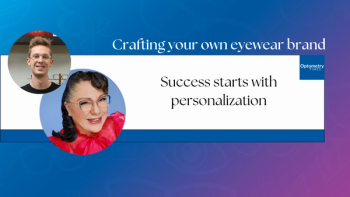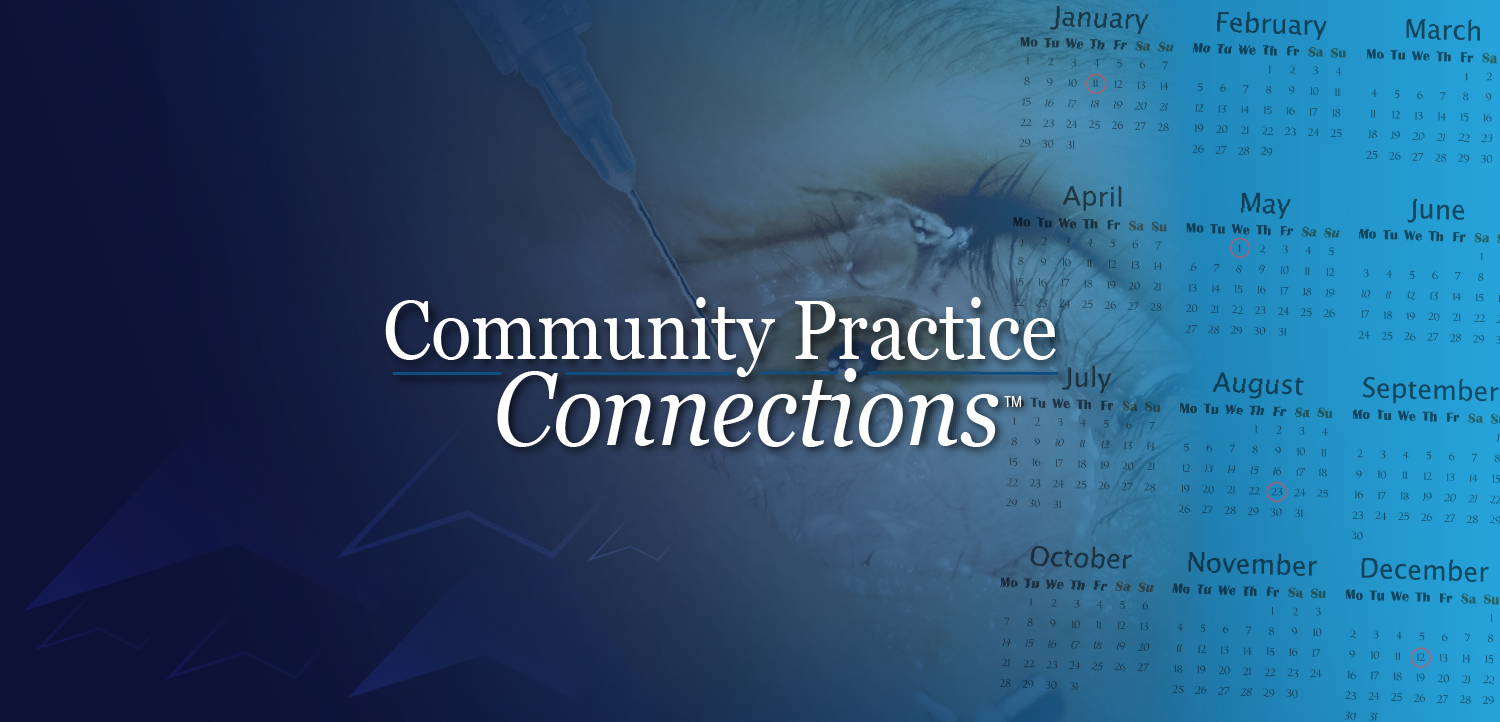
Avellino launches DNA test for LASIK safety
Avellino Lab USA recently launched the Avellino DNA Dual Test for LASIK Safety, a genetic test that can detect both Granular Corneal Dystrophy (GCD) type 1 and Avellino Corneal Dystrophy (also known as GCD2).
Menlo Park, CA-
GCD is one of the more well-known corneal dystrophies related to genetic mutations. If a patient with GCD1 undergoes vision correction surgery (e.g. LASIK, LASEK, PRK), he is at extreme risk of experiencing eventual blindness. Many patients do not show physical symptoms of the condition until later in life, so relying solely on a visual examination and family history can put patients at risk, the company says.
The Avellino DNA Dual Test is able to detect the presence of the genetic mutation for GCD, allowing the patient to take precautionary steps to postpone the progression of the condition, including avoiding vision correction surgery.
Next:
Newsletter
Want more insights like this? Subscribe to Optometry Times and get clinical pearls and practice tips delivered straight to your inbox.
















































.png)


